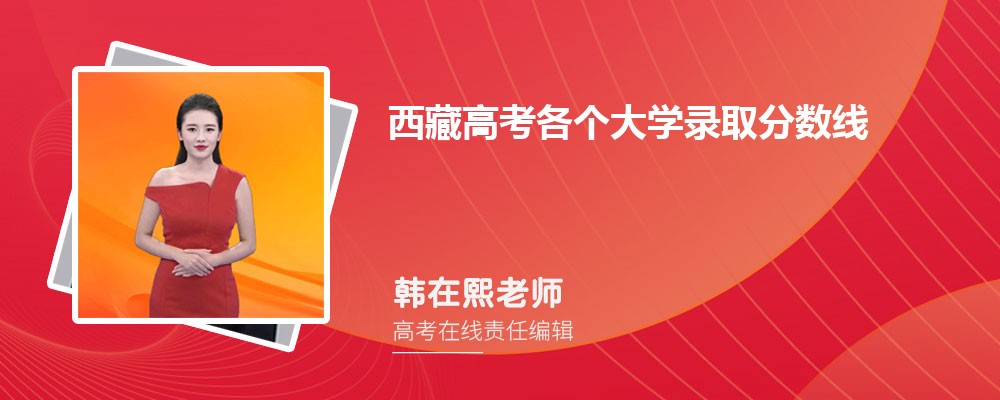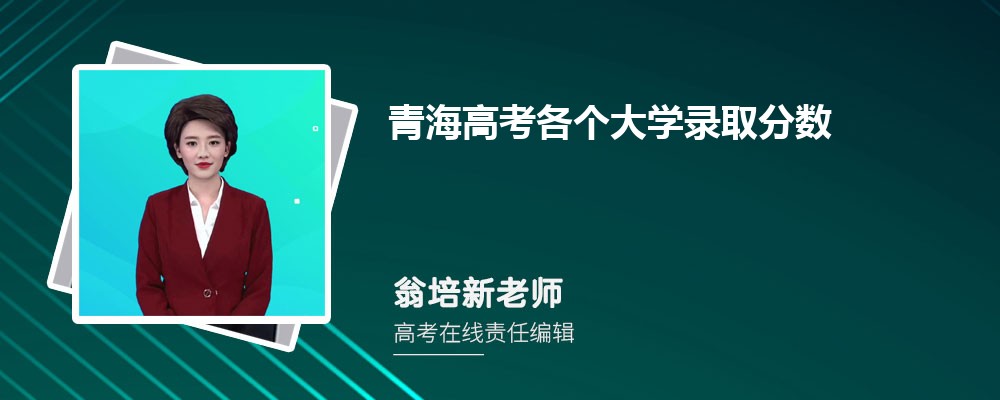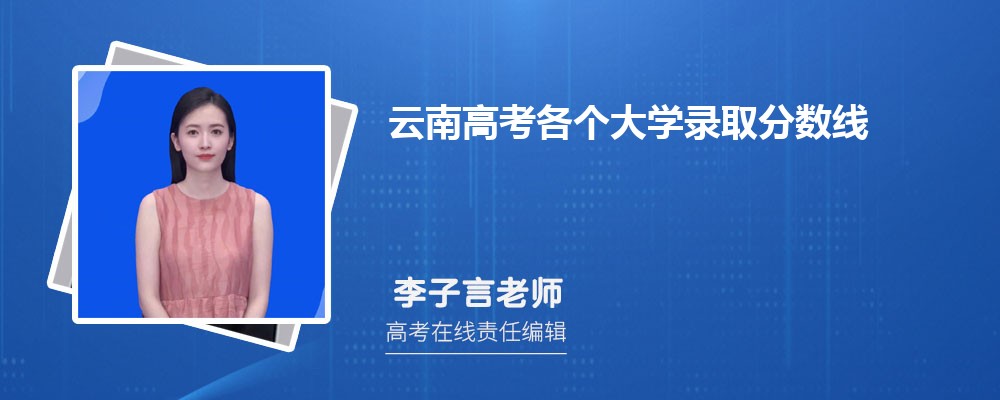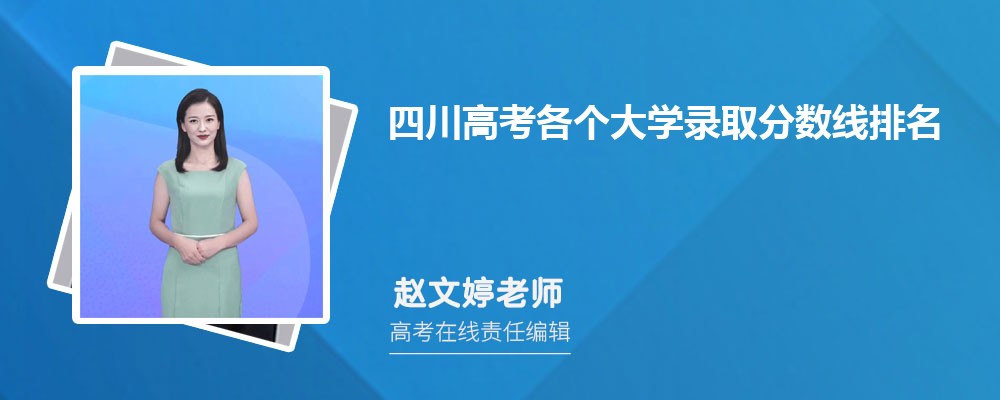-
相关文章
竞聘信用社主办会计的演讲稿
2023-08-15 00:28:38压力伴随成长国旗下演讲稿
2023-08-11 18:39:19让生命更美好演讲稿
2023-08-04 01:54:27让青春更加美丽演讲稿范文
2023-08-06 07:57:14关于我爱英语主题演讲稿
2023-08-03 07:17:05大学生英语演讲稿中英文对照
2023-08-09 09:23:273分钟精彩英文演讲稿:我为何而生
2023-08-10 04:06:26人生别留遗憾读后感
2023-08-03 21:31:13读小兵张嘎有感(精选37篇)
2023-08-02 18:51:26竞聘信用社主办会计的演讲稿
2023-08-15 00:28:38岳飞传小学读后感
2023-08-05 18:43:55
搞笑的诺贝尔奖演讲稿
搞笑的诺贝尔奖演讲稿
1.George and Charlotte Blonsky, who were a married couple living in the Bronx in New York City, invented something.
[马克 · 阿伯罕斯]乔治和夏洛特 · 布朗斯基 是住在纽约布朗克斯的一对夫妻 他们有一项发明
2.They got a patent in 1965 for what they call, "a device to assist women in giving birth."
他们在1965年获得了一项专利 他们称之为“帮助妇女分娩的装置”
3.This device consists of a large, round table and some machinery.
这个装置是由一个大圆桌 和一些机械组成
4.When the woman is ready to deliver her child, she lies on her back, she is strapped down to the table, and the table is rotated at high speed.
当妇女准备生孩子时 她仰卧着 被绑在圆桌上 然后圆桌高速旋转
5.The child comes flying out through centrifugal force.
小孩通过离心力飞出来
6.If you look at their patent carefully, especially if you have any engineering background or talent, you may decide that you see one or two points where the design is not perfectly adequate. (Laughter)
如果你仔细看看他们的专利 特别是如果你有任何工程背景或天分 你可能会看到 这个设计有一两点不完美的地方
7.Doctor Ivan Schwab in California is one of the people, one of the main people,who helped answer the question, "Why don't woodpeckers get headaches?"
加州的艾凡 · 施瓦布医生 他是帮忙找出这个问题的答案的主要人之一 “为什么啄木鸟不会头疼?”
8.And it turns out the answer to that is because their brains are packaged inside their skulls in a way different from the way our brains, we being human beings, true, have our brains packaged.
结果答案是: 因为他们头盖骨包裹大脑的方式 和我们人类的方式不同 当然,人类的大脑也被包裹在头盖骨里面
9.They, the woodpeckers, typically will peck, they will bang their head on a piece of wood thousands of times every day. Every day!
啄木鸟,特别典型的 会啄木,把头撞向树 每天都要上千回每天啊
10.And as far as anyone knows, that doesn't bother them in the slightest.
据我们所知 这一点都不影响他们
11.How does this happen?
为什么会这样呢?
12.Their brain does not slosh around like ours does.
他们的大脑不会像人类的那样摇晃
13.Their brain is packed in very tightly, at least for blows coming right from the front.
他们的大脑非常紧密地压缩在一起 至少可应付从前方的撞击
14.Not too many people paid attention to this research until the last few years when, in this country especially, people are becoming curious about
很少人关注这个研究 直到最近几年 特别是这个国家, 人们开始好奇
15.what happens to the brains of football players who bang their heads repeatedly.
对于频繁用头顶球的足球运动员 他们的大脑会怎样呢
16.And the woodpecker maybe relates to that.
啄木鸟的研究可能与此相关
17.There was a paper published in the medical journal The Lancet in England a few years ago called" A man who pricked his finger and smelled putrid for 5 years."
几年前,在英国《柳叶刀》医学杂志上 有一篇《一个五年来自己刺伤手指并闻其腐臭味的男人》的文章
18.Dr. Caroline Mills and her team received this patient and didn't really know what to do about it.
卡洛琳 · 米尔斯医生和她的团队 接受了这位病人却不知如何处理
19.The man had cut his finger, he worked processing chickens, and then he started to smell really, really bad.
这位男士割伤了他的手指 他的工作是处理鸡肉 后来他就变得非常难闻
20.So bad that when he got in a room with the doctors and the nurses, they couldn't stand being in the room with him.
以至于他在房间里时 医生和护士 都无法忍受呆在同一个房间
21.It was intolerable.
非常难以忍受
22.They tried every drug, every other treatment they could think of.
他们尝试了所能想到的 每一种药物和每一种治疗方法
23.After a year, he still smelled putrid.
一年后他依旧散发腐烂的气味
24.After two years, still smelled putrid.
两年后还是腐烂的气味
25.Three years, four years, still smelled putrid.
三年,四年还是腐烂的气味
26.After five years, it went away on its own.
五年后腐烂气味自动消失了!
27.It's a mystery.
这至今是个谜
28.In New Zealand, Dr. Lianne Parkin and her team tested an old tradition in her city.
在新西兰莉安 · 帕金博士和她的团队 在她的城市试验了一个古老的传说
29.They live in a city that has huge hills, San Francisco-grade hills.
他们住在一个满是大山丘的城市 像旧金山那样的山丘
30.And in the winter there, it gets very cold and very icy.
在冬季那里变得非常冷冷到结冰
31.There are lots of injuries.
常常发生事故
32.The tradition that they tested, they tested by asking people who were on their way to work in the morning, to stop and try something out.
他们试验的传统就是 他们请早上去上班的人们 停下来做两者之一的试验
33.Try one of two conditions.
做两者之一的试验
34.The tradition is that in the winter, in that city, you wear your socks on the outside of your boots.
这个传统是在冬天 那个城市他们将袜子穿在靴子的外面
35.And what they discovered by experiment, and it was quite graphic when they saw it, was that it's true.
从他们的试验,他们看到很生动的 画面里,他们发现 是真的
36.That if you wear your socks on the outside rather than the inside, you're much more likely to survive and not slip and fall.
如果你将袜子穿在靴子子外面而不是里面 你比较不容易滑倒
37.Now, I hope you will agree with me that these things I've just described to you, each of them, deserves some kind of prize. (Laughter)
我希望你们也同意 我刚刚描述的这些 每一项都应该拿到某种奖品
38.And that's what they got, each of them got an Ig Nobel prize.
他们确实有得到 刚介绍的每一项确实都拿到 搞笑 诺贝尔奖
39.In 1991, I, together with bunch of other people, started the Ig Nobel prize ceremony.
在1991年我和其他一些人创立了 搞笑诺贝尔奖
40.Every year we give out 10 prizes.
每一年我们颁发十个搞笑诺贝尔奖
41.The prizes are based on just one criteria. It's very simple.
这个奖只有一个得奖标准,
42.It's that you've done something that makes people laugh and then think.
就是你做的能让人笑 然后思考
43.What you've done makes people laugh and then think.
只要你做的能让人笑 然后思考
44.Whatever it is, there's something about it that when people encounter it at first, their only possible reaction is to laugh.
不管是什么当人 第一次碰到它时 他们唯一的反应是笑
45.And then a week later, it's still rattling around in their heads and all they want to do is tell their friends about it.
然后 一星期后 那件事仍盘踞在他们的脑中 他们唯一想做的就是要告诉他们的朋友
46.That's the quality we look for.
那就是我们要找的。
47.Every year, we get in the neighborhood of 9,000 new nominations for the Ig Nobel prize.
每一年我们收到大约九千个 新的搞笑诺贝尔奖项提名
48.Of those, consistently between 10 percent and 20 percent of those nominations are people who nominate themselves.
其中 一直都有百分之十到二十是 自己提名自己的
49.Those self-nominees almost never win.
这些自我提名的几乎从来没得奖过
50.It's very difficult, numerically, to win a prize if you want to.
从数据上说,,得奖的机会微乎其微
51.Even if you don't want to, it's very difficult numerically.
不管你是想赢 或不想赢都很难。
52.You should know that when we choose somebody to win an Ig Nobel prize, We get in touch with that person, very quietly.
你知道吗当我们 选中一个搞笑诺贝尔奖的得主 我们会先和私下他联络
53.We offer them the chance to decline this great honor if they want to.
我们给他们一个 拒绝领这个很荣耀的奖项的机会
54.Happily for us, almost everyone who's offered a prize decides to accept.
我们很高兴 几乎每位被选中的得主都决定 接受这个奖
55.What do you get if you win an Ig Nobel prize?
若你是搞笑诺贝尔奖的得主你会得到什么呢?
56.Well, you get several things.
你会得到几个东西
57.You get an Ig Nobel prize.
你会得到一个搞笑诺贝尔奖
58.The design is different every year.
每一年的奖的设计都不一样
59.These are always handmade from extremely cheap materials.
这些都是用非常便宜的材料以手工制作的
60.You're looking at a picture of the prize we gave last year, 2013.
你现在看到的'是 我们去年颁发的2013年的
61.Most prizes in the world also give their winners some cash, some money.
大部分的奖 都会给得奖者一些奖金
62.We don't have any money, so we can't give them.
我们没有钱, 所以我们无法给他们奖金
63.In fact, the winners have to pay their own way to come to the Ig Nobel ceremony, which most of them do.
事实上,我们的得主要自己付旅费 来参加搞笑诺贝尔奖的颁奖仪式 大部分的人会来
64.Last year, though, we did manage to scrape up some money.
去年,我们凑了一点钱
65.Last year, each of the 10 Ig Nobel prize winners received from us 10 trillion dollars.
十位搞笑诺贝尔奖的得主 每一位都得到十兆元的奖金
66.A $10 trillion bill from Zimbabwe. (Laughter) You may remember that Zimbabwe had a little adventure for a few years there of inflation.
一张十兆元的辛巴威纸钞 你可能记得辛巴威在过去几年发生一点事 就是通货膨胀
67.They ended up printing bills that were in denominations as large as 100 trillion dollars.
他们最后印的纸钞 是以十兆为单位
68.The man responsible, who runs the national bank there, by the way, won an Ig Nobel prize in mathematics.
顺便提一下,负责此事的国家银行首长 赢得了搞笑诺贝尔奖的数学奖
69.The other thing you win is an invitation to come to the ceremony, which happens at Harvard University.
另外,你会得到一张 搞笑诺贝尔奖颁奖仪式的邀请函 仪式是在哈佛大学举行的
70.And when you get there, you come to Harvard's biggest meeting place and classroom.
当你去的时候, 你会来到哈佛最大的会场兼教室
71.It fits 1,100 people, it's jammed to the gills, and up on the stage, waiting to shake your hand, waiting to hand you your Ig Nobel prize,
在那里一万一千人 挤得水泄不通 在讲台上, 等着和你握手 和颁发奖给你的是
72.are a bunch of Nobel prize winners.
一群诺贝尔奖得主
73.That's the heart of the ceremony.
那是整个颁奖仪式的最高点直到那一刻
74.The winners are kept secret until that moment, even the Nobel laureates who will shake their hand don't know who they are until they're announced.
所有得主都被蒙在鼓里 即使在这些诺贝尔得主会握他们的手时 他们仍不知道这些人是谁
75.I am going to tell you about just a very few of the other medical-related prizes we've given.
我现在要和你们分享我们颁奖过的 几个其他和医疗有关的奖项
76.Keep in mind, we've given 230 prizes.
我们已颁过230个奖许多得主
77.There are lots of these people who walk among you.
可能在你们之中
78.Maybe you have one.
或者你自己就是其中一位
79.A paper was published about 30 years ago called "Injuries due to Falling Coconuts."
30多年前 有一篇发表的论文题目是 “坠落的椰子导致的伤害”
80.It was written by Dr. Peter Barss,who is Canadian.
这是加拿大的比得 · 巴尔斯医生所写的
81.Dr. Barss came to the ceremony and explained that as a young doctor, he wanted to see the world.
巴尔斯医生在颁奖仪式中解释 所以他去了巴布亚纽几内亚 当他是位年轻的医生时 他要看看世界
82.So he went to Papua New Guinea.
所以他去了巴布亚纽几内亚
83.When he got there, he went to work in a hospital, and he was curious what kinds of things happen to people that bring them to the hospital.
当他到那里时 他去那里的医院工作 他很好奇 那里的人因那些问题会来医院
84.He looked through the records, and he discovered that a surprisingly large number of people in that hospital were there because of injuries due to falling coconuts.
他翻阅了医疗记录后发现 来那个医院资料的原因中 相当多是因为 坠落的椰子所造成的伤害
85.One typical thing that happens is people will come from the highlands, where there are not many coconut trees, down to visit their relatives on the coast,where there are lots.
一个典型的事件经过是: 一些来自没有许多椰子树的高地的人 去到有许多椰子树的海边拜访亲戚
86.And they'll think that a coconut tree is a fine place to stand and maybe lie down.
他们想椰子树下似乎是 很适合站立或躺下的地方
87.A coconut tree that is 90 feet tall, and has coconuts that weigh two pounds that can drop off at any time.
椰子树有90英尺高 每个椰子约二磅重 随时可能掉下来
88.A team of doctors in Europe published a series of papers about colonoscopies.
有一组在欧洲的医生发表 一系列有关结肠镜检查的论文
89.You're all familiar with colonoscopies,one way or another.
各位应该对结肠镜检查应该多少知道一些
90.Or in some cases,one way and another.
有些是知道不止一些
91.They, in these papers, explained to their fellow doctors who perform colonoscopies, how to minimize the chance that when you perform a colonoscopy,your patient will explode. (Laughter)
在这些论文里 他们解释给他们的同事 如何降低他们的病人 在检查时爆炸的几率
92.Dr. Emmanuel Ben-Soussan one of the authors, flew in from Paris to the ceremony, where he explained the history of this, that in the 1950s,
曼纽 . 边生医生见到其中一位作者 从巴黎飞来参加颁奖仪式 在仪式里 他解释在1950年代 有关这方面的历史
93.when colonoscopies were becoming a common technique for the first time, people were figuring out how to do it well.
那时 结肠镜检查才开始成为一个普遍的技术 大家都在摸索如何做才是最好
94.And there were some difficulties at first.
开始时有些困难
95.The basic problem, I'm sure you're familiar with, that you're looking inside a long, narrow, dark place.
你们对基本的问题可能有些熟悉 你要看一个很长 很窄且很黑的地方
96.And so, you want to have a larger space.
你希望可以比较宽大的空间
97.You add some gas to inflate it so you have room to look around.
所以你加入一些气体来膨胀它 让你有空间可以看清楚
98.Now, that's added to the gas, the methane gas,that's already inside.
那是加在已经在里面的甲烷气之上
99.The gas that they used at first, in many cases, was oxygen.
起初他们大多数用的气体是氧气
100.So they added oxygen to methane gas.
他们将氧气加在已有的甲烷气内
101.And then they wanted to be able to see, they needed light, so they'd put in a light source, which in the 1950s was very hot.
然后为了他们能够看清楚 他们需要亮光 所以他们就加上光源 在1950年代 那时的光源很热
102.So you had methane gas, which is flammable,oxygen and heat.
总之 那时你有易燃的甲烷,氧气,和热
103.They stopped using oxygen pretty quickly. (Laughter) Now it's rare that patients will explode, but it does still happen.
但他们很快就停用氧气了(笑声) 现在 很少有病人会爆炸 但是仍然时有发生
104.The final thing that I want to tell you about is a prize we gave to Dr. Elena Bodnar.
最后 我要告诉你们的是我们 颁发给伊莲娜 . 巴特那医生的奖项
105.Dr. Elena Bodnar invented a brassiere that in an emergency can be quickly separated into a pair of protective face masks.
伊莲娜 . 巴特那医生发明了一个在紧急时 可以很快分开成 两个口罩的胸罩
106.One to save your life, one to save the life of some lucky bystander. (Laughter) Why would someone do this, you might wonder.
一个可以救你自己的命 另外一个可以救一个很幸运的旁观者 你可能会想 为什么会有人要做这个?
107.Dr. Bodnar came to the ceremony and she explained that she grew up in Ukraine.
巴特那医生来到颁奖仪式 她解释说: 她是在乌克兰长大的
108.She was one of the doctors who treated victims of the Chernobyl power plant meltdown.
她是最早治疗切尔诺贝利核能厂核灾的受害者的 医生中的一名医生
109.And they later discovered that a lot of the worst medical problems came from the particles people breathed in.
他们后来发现许多最严重的医疗问题 主要是因为他们吸入的物体
110.So she was always thinking after that about could there be some simple mask that was available everywhere when the unexpected happens.
之后她就经常在想 若是意外突然发生 有什么简单又随手可得的口罩
111.Years later, she moved to America.
多年后 她搬到美国
112.She had a baby, One day she looked, and on the floor, her infant son had picked up her bra, and had her bra on his face.
生了一个小孩 有一天 她看着她的小孩 在地上拣起她的胸罩 将她的胸罩放在脸上当口罩
113.And that's where the idea came from.
那是她的灵感来源
114.She came to the Ig Nobel ceremony with the first prototype of the bra and she demonstrated: (Laughter) (Applause) ["Paul Krugman, Nobel laureate (2008) in economics"]
当她来到颁奖仪式的时候 她带了第一个原型样本 来示范 [保罗 库格曼 2008年诺贝尔经济奖得主]
115.["Wolfgang Ketterle, Nobel laureate (2001) in physics"] I myself own an emergency bra. (Laughter) It's my favorite bra, but I would be happy to share it with any of you,should the need arise.
[沃尔夫冈 克特勒 2001年诺贝尔物理得主] 我自己也拥有一个紧急用胸罩 这是我最喜欢的胸罩 但有需要时 我会很乐意和你们任何一个人分享
116.Thank you.
谢谢











